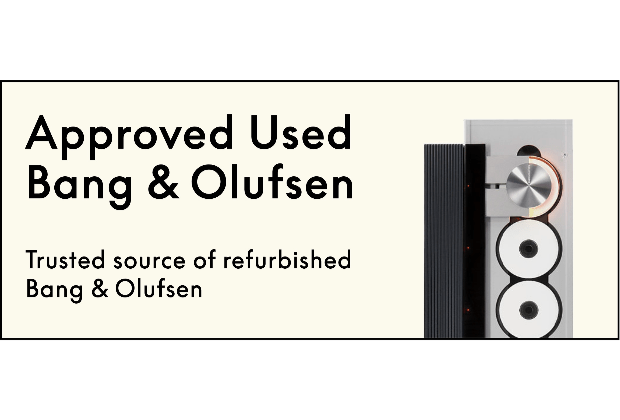Home › Forums › Product Discussion & Questions › BeoLab › Beolab 50 and Beoplay A9
- This topic has 2 replies, 3 voices, and was last updated 3 years, 2 months ago by
-
AuthorPosts
-
28 December 2022 at 12:32 #41863
ManiSingh
BRONZE MemberHello!
I recently purchased the Beoplay A9 and noticed that when on Wifi the music would cut however when on ethernet it wouldn’t. Of course we all know a wired connection is much more stable than Wifi, however there is barely any load on my AP and the box is pretty close to it.
Has anyone had this issue and found a way to solve? Would I need to check for Wifi congestion on the channel the AP is using? Is 5GHz recommended over 2.4?
I have a client who have the Beolab 50 and has had issues for many years. They assumed it was the network as that is what B&O staff first tell customers but they have a Meraki backbone and cabling rewired recently. They claim the speakers turned off mid song – what could cause that?
Thanks in advance!
29 December 2022 at 04:44 #41864Razlaw
BRONZE MemberWeird problems. Hopefully someone here with much more knowledge on the subject than me will be able to help you.
29 December 2022 at 09:54 #41865I have a non-B&O setup with similar problems.
Summary: Switch back to 5GHz and move the router around as necessary to get acceptable signal despite its lower range. Turn off “airtime fairness” and select a single channel, not “auto”.
Details: (Pardon the long-winded-ness.) You want to choose 5GHz if you can, because more non-overlapping channels are available. But you get stuck using 2.4GHz because the 5GHz doesn’t reach as far. But on 2.4 you should only use channels 1, 6, & 11 — yet there’s always some moron neighbor who picks channel 3 (for example) and ruins it for 2 other people. So you look at the signal strength bars (actually looking at the RSSI & S/N is best) using your computer, to decide which channel to program your router to use. On 2.4GHz you do *not* want your router to be set to auto-select channels — do your own research, pick one, and stick with it. (On 5GHz, it’s less problematic because there are more channels and one might actually be quiet, whereas doing your own research takes a while, switching back and forth and comparing RSSI & S/N.) OK, then there are two “gotchas”: one is neighbors (or you, heaven forbid) still running gadgets using 802.11b — which the modern signalling methods have to back off and make time for. This can make a poorly buffered or bad IP stack implementation lose the connection, and re-establishing the connection takes a bit more time than merely asking for a retransmission of a packet that got “hit” by someone else. It’s worse because *anybody’s* router on that same channel with their 802.11b device wastes the airwaves, not just their own router has to back-off. The other thing is to turn off your router’s “airtime fairness” setting. For example, that’s a well-known failure on Sonos systems with Asus routers; maybe not B&O but why chance it if you’re having problems. So if at all possible, choose 5GHz. Except there’s WiSA, just another reason to pick a channel and hard-set your router to use it rather than dynamically selecting based on the *current* channel availability, if you know you’ll be using WiSA speaker connections — I forget which channels it uses but there’s a list somewhere: just avoid them by hard-setting a channel number in the router. Finally, mesh setups with auto-handoff complicate this, when a bag of water (you!) blocks the signal from one access point and it hands off the (stationary but nevertheless!) device to one of the access points that has a better signal — at the moment. More delays, and if the buffering and IP stack were perfect then it wouldn’t be a problem, but B&O surely just took whatever reference implementation was proffered by the vendor of the Wi-Fi chipset. No huge knock, but you know they aren’t going to fix it because it isn’t their forte. Well, OK, they can change the buffering but they can’t fix the wireless. So it’s up to you to provide the ideal conditions for your device.
-
AuthorPosts
- You must be logged in to reply to this topic.







